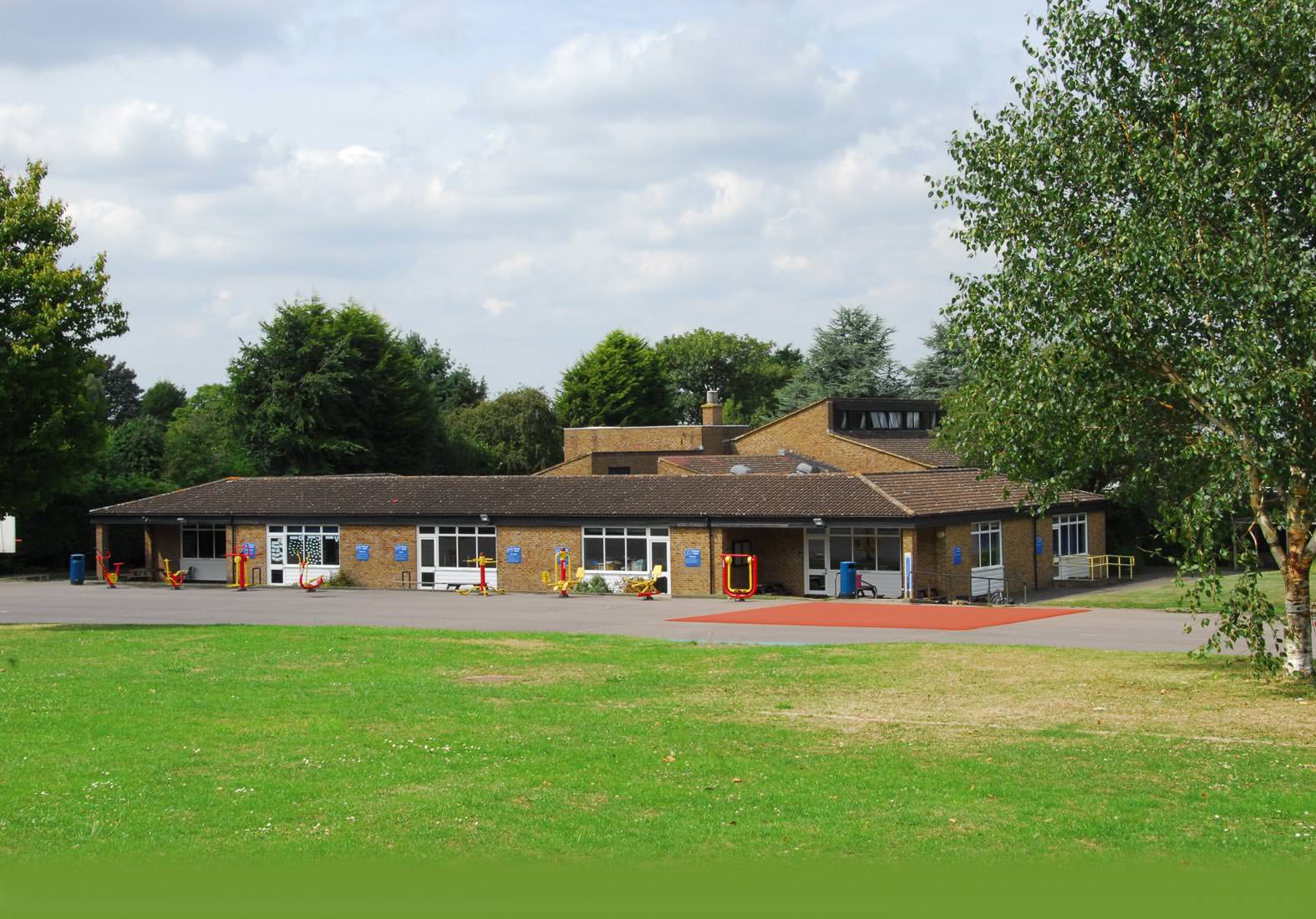Curriculum Intent
Our aim is that Biggin Hill Primary School pupils:
- Have a thorough understanding of the National Curriculum content for science
- Develop their scientific skills as detailed in the National Curriculum
- Use appropriate scientific vocabulary in the correct contexts
- Understand the role that science plays in the wider world, including potential future career opportunities
- Understand the roles played by different scientists in different roles (doctors, engineers, astronomers etc) throughout history, including those of different races, genders, nationalities and protected characteristics
- See the connections between science and other aspects of their learning, including reading, writing and maths
- Are provided with sufficient challenge and support to progress at their own level
- Enjoy and take pride in their learning.
Implementation
Science at Biggin HIll Primary School is taught using our own schemes of work which we have developed and refined over several years. These cover all the skills and knowledge of the National Curriculum in a question-based approach to learning.
We are consistent with the recommendations made by Ofsted in their national Research Review Of Science (April 2021) and the DfE’s recommendations for Covid Recovery (July 2021).
In EYFS, science is taught as part of the “Understanding the World” strand of learning, with a mixture of continuous provision activities and adult-led learning. This structure continues into Year 1 before moving on to a more formal approach from Year 2 onwards.
Each unit of work begins with a pre-learning challenge. This allows pupils to reflect on their previous learning and generate questions they would like to find out the answers to over the course of the unit. It also allows teachers an opportunity to address any misconceptions and follow the children’s particular interests.
The curriculum content is taught in a child-centered way and lessons are differentiated appropriately to provide access and challenge for all children. Children undertake a variety of different types of activities for each unit of work, including practical investigations and work designed to develop their scientific vocabulary. Children are taught about the important contributions of individual scientists, including those of different nationalities, races and genders. We are very lucky to have access to large grounds and our biodome, which are regularly used in science lessons.
In each unit of work, the children do a maths activity linked to their science learning and a piece of writing. This supports the children's scientific learning and embeds key skills from across the curriculum.
To encourage cross-curricular learning, children often do an activity which links their science learning with a foundation subject. For example, when Year 3 children learn about magnets in science they then design, make and evaluate a game using magnets as a DT project.
At Biggin Hill Primary School children are also encouraged to make links between their science learning in one unit and other previous learning. For example, during the Year 6 unit on Evolution and Inheritance when children learn about Charles Darwin and how controversial his theories were at the time, children make links with other scientific debates they have learned about, such as the historical debate about whether the Sun or the Earth is at the centre of the solar system (Year 5 Earth and Space unit).
Each unit’s learning is enriched by a “buzz day” or another enrichment activity. These give the children the opportunity to explore a topic in greater depth and undertake exciting activities linked to their science learning. For example, during the Year 5 unit on Earth and Space, children do an “Astronaut Training Day”.
At the end of each unit of work, teachers assess the pupils’ progress. This involves a quiz, a vocabulary activity and, in KS2, a “Time To Shine”. This is an opportunity for children to reflect on and celebrate their learning throughout the topic. There is time built into the year to allow teachers to review any content pupils were unsure of in the summer term before moving up to their next class or secondary school.
Classroom science lessons are supplemented by a variety of other enrichment activities. These include:
- An annual Science Week, when children focus on a particular science topic for a week then share their learning with their parents during a “Look At My Learning” afternoon
- Special events and themed learning for World Space Day every October
- Science assemblies and the opportunity to join Fizz Pop Science Club
- Talks during Careers Day from members of the school community when children learn about different careers which involve STEM
- Science masterclasses. In the last few years these have included lessons for a number of Year 5 children at Charles Darwin School, taught by secondary science teachers in their labs, and a fieldwork day for a number of Year 4 children in the local area where Charles Darwin carried out some of his research
- School trips and in-school workshops
- Homework tasks.
Covid-19
Through careful curriculum planning, teachers identify and review key knowledge and skills from previous years and address any misconceptions at the start of each unit. Teachers are aware of which specific units of work were covered during periods of home learning/key worker provision and isolation and plan accordingly. There is a particular focus on developing children’s scientific skills and vocabulary as these have been identified as areas which were more challenging to deliver remotely.
Science Road Map Science Progression of Skills

